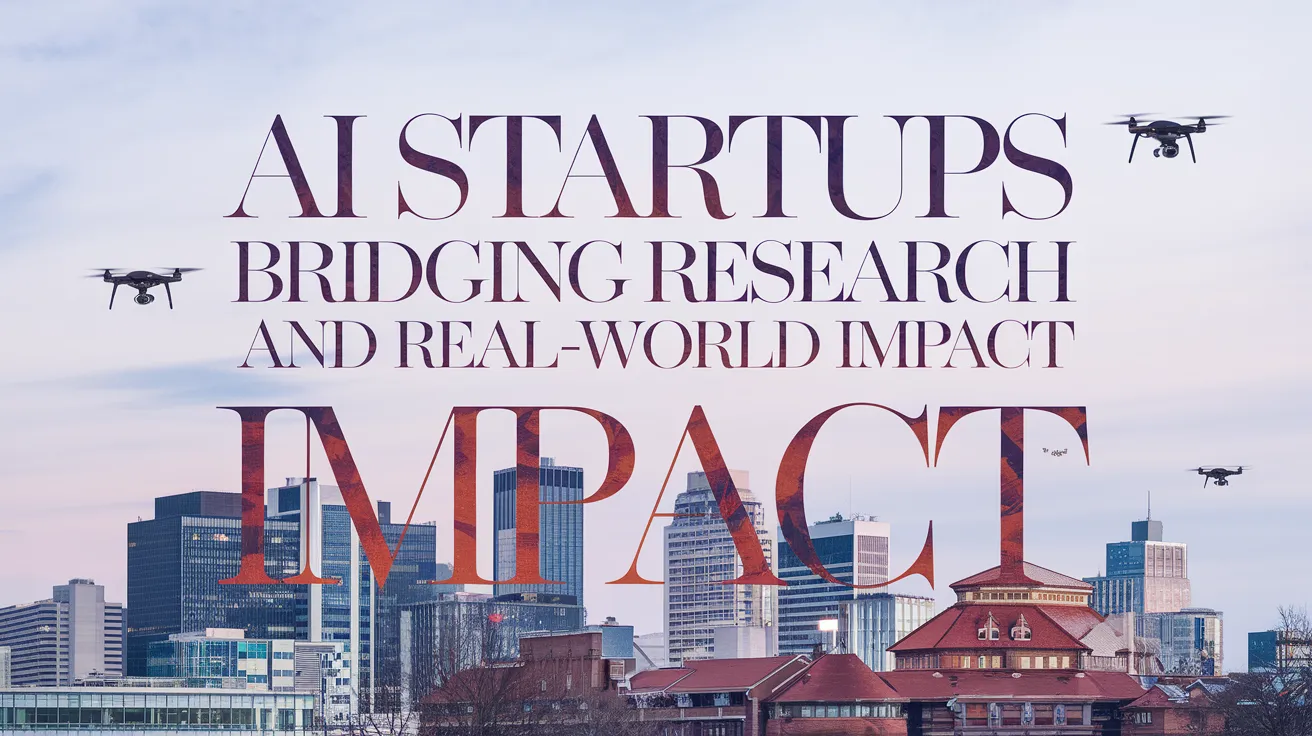AI Startups Bridging Research and Real-World Impact

Innovators like Sarim Khan and Alex Ratner believe that AI has the potential to transform regulated industries such as healthcare. Khan, a biotech researcher at MIT, sought a faster way to access crucial data for his research. This need led him and his friend Hrituraj Singh, who was leading generative AI initiatives at Adobe, to found Triomics—a startup designed to extract data that matches cancer patients with appropriate clinical trials.
Similarly, at Stanford’s AI Lab, PhD student Alex Ratner and his colleagues faced data challenges that impeded their work. Their genomics partners struggled with the hours of tedious work required to prepare thousands of patient records for model training. This prompted Ratner and four others to co-found Snorkel AI, a startup focused on helping companies speed up their LLM training using programmatically accelerated, high-quality data with human expertise involved.
Both Triomics and Snorkel AI are now integral members of Microsoft for Startups, which offers early-stage companies access to technologies and resources for growth. These Bay Area startups utilize Microsoft’s AI models and development tools to tackle significant societal challenges.
Triomics: Using AI to Transform Cancer Care
The process of matching patients to clinical trials is daunting, with about 80% of key information being unstructured data found in clinical notes and lab results. This complexity makes it difficult for oncologists to stay on top of vital details. Triomics’ co-founders developed a specialized large language model named OncoLLM, which extracts critical insights from unstructured clinical data.
Khan explains, “Under the current circumstances, patients who are a good fit for a clinical trial often get missed. Missing a trial can mean someone losing months or years of time with loved ones.” With only 20% of admitted patients correctly screened for clinical trial compatibility, Triomics’ platform endeavors to increase this number. When utilized by leading cancer centers, the platform ensures that 100% of patients are screened for possible matches to all available clinical trials. OncoLLM can synthesize 20 years of a patient’s history and compare it with eligibility data for clinical trials in minutes, a process that previously required hours of manual work.
In 2022, as Triomics focused on scaling, they consolidated their infrastructure with Azure, benefiting from its model catalog and AI experimentation support. Singh highlights, “While we are a healthcare company, the AI portion of our team consists of true AI researchers, whose role is to run experiments using the tools that Azure provides.”
Snorkel AI: Turning Expert Knowledge into AI
The Snorkel AI team faced a challenge common in machine learning: obtaining high-quality data to train models. Ratner stated, “Building the AI models isn’t always the hard part; the real challenge is getting quality expert datasets to train, evaluate, and fine-tune.” Snorkel AI specializes in helping companies in knowledge-rich and regulated industries efficiently label, sample, filter, and augment large volumes of data with human expertise.
In late 2022, Snorkel AI became the first AI startup invited to join the Microsoft for Startups Pegasus Program, which provided access to Azure AI infrastructure powered by NVIDIA GPUs. This collaboration enabled Snorkel AI to execute advanced research involving enterprise alignment and synthetic data generation.
One example of their work includes aiding a global bank in creating an AI application to extract information from complicated legal contracts. Within a few months, Snorkel AI helped the bank achieve an accuracy rate of 94% and successfully deploy the system on Azure AI infrastructure.
As Ratner noted, “We are witnessing a surge of momentum around agentic AI; however, specialized enterprise agents aren’t yet ready for production in most scenarios. Enterprises need domain-specific data and expertise to make these systems as trusted as human experts.”
Empowering Early Phase Startups
Microsoft for Startups supports emerging companies like Triomics and Snorkel AI by offering tools and infrastructure to accelerate growth and sales through enterprise-grade AI technology. “Startups are where transformative AI innovation occurs,” explained Annie Pearl, CVP & GM at Microsoft. “It’s exciting to see what these companies can do with access to the right resources.”
By harnessing the power of AI, today’s innovators are paving the way for future advancements that could dramatically transform healthcare and improve lives.